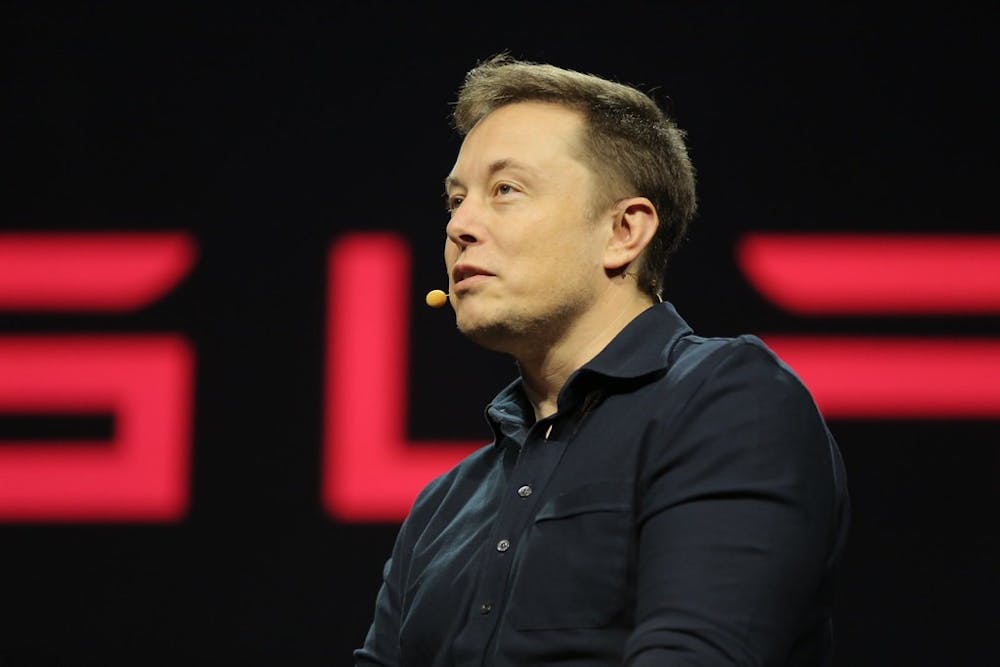Thousands more employees have left Twitter following Elon Musk's acquisition of the company, in addition to Musk's recent layoffs.
1997 College and Wharton graduate Musk presented employees with an online form in which employees could either agree to stay for the new work culture or to leave the following day, according to The Verge. Musk’s vision for “Twitter 2.0” involved a high-intensity culture, long hours, and exceptional performances to succeed in the competitive market.
Employees had until Thursday at 5. p.m to respond to the form, and Fortune reported that around 1,000 to 2,000 workers have left since then.
This isn't the first departure of workers Twitter has seen. In early November, Musk laid off around half of the 7,500 Twitter employee base, leaving many areas of the company vulnerable, according to The New York Times. Additionally, The Verge reported that 20 Twitter employees have been fired due to Slack messages criticizing the company. Approximately 4,400 of 5,500 contract workers have also been fired during Musk's time with the company.
While everyone who was laid off other was given three months of severance pay, it is still unsure how the employees that stayed will be compensated with stock since Twitter is now a private company, according to The Verge.
The New York Times reported that the layoffs have affected employees in many branches of the company, including engineering, content moderation, and sales and advertising.
WHYY reported that workers leaving the company have been using the hashtag #LoveWhereYouWorked on Twitter to announce their departure.
Musk purchased Twitter in late October for a $44 million deal, according to WHYY.
Former classmates, girlfriend of Elon Musk reflect on his time at Penn
Elon Musk acquires Twitter for $44 billion six months after initial announcement
In addition to the layoffs and employee changes, Musk also sparked controversy when he announced a new verification subscription program, which has since been rolled back. Musk also announced that the company would form a content moderation council to decide which posts would remain on the site.
There are also global implications for content moderation concerning European regulators — such as in Germany, where taking down illegal content is required or fines will be given — which will be difficult to accomplish with the state Twitter is currently at.
Despite the layoffs and challenges, Musk wrote on Twitter that “the best people are staying, so I’m not super worried.”









